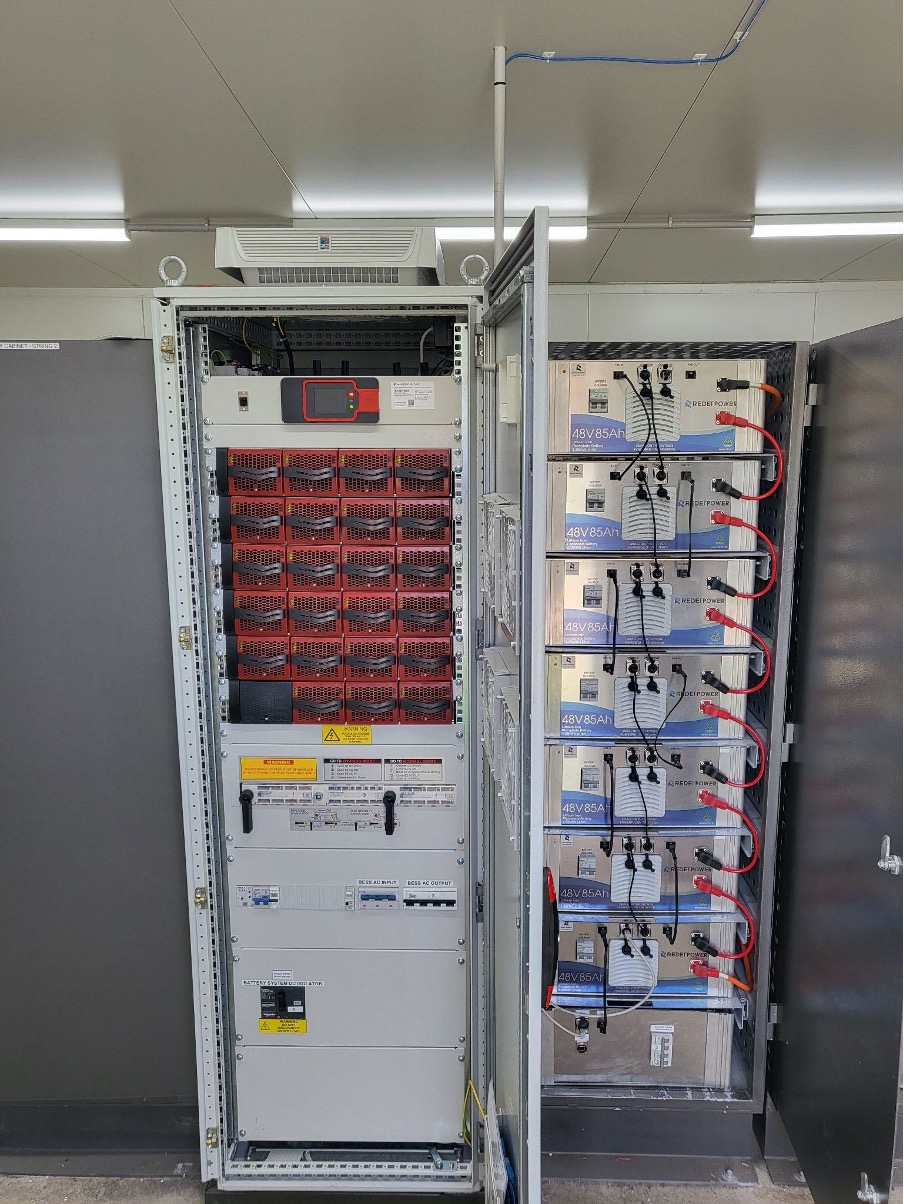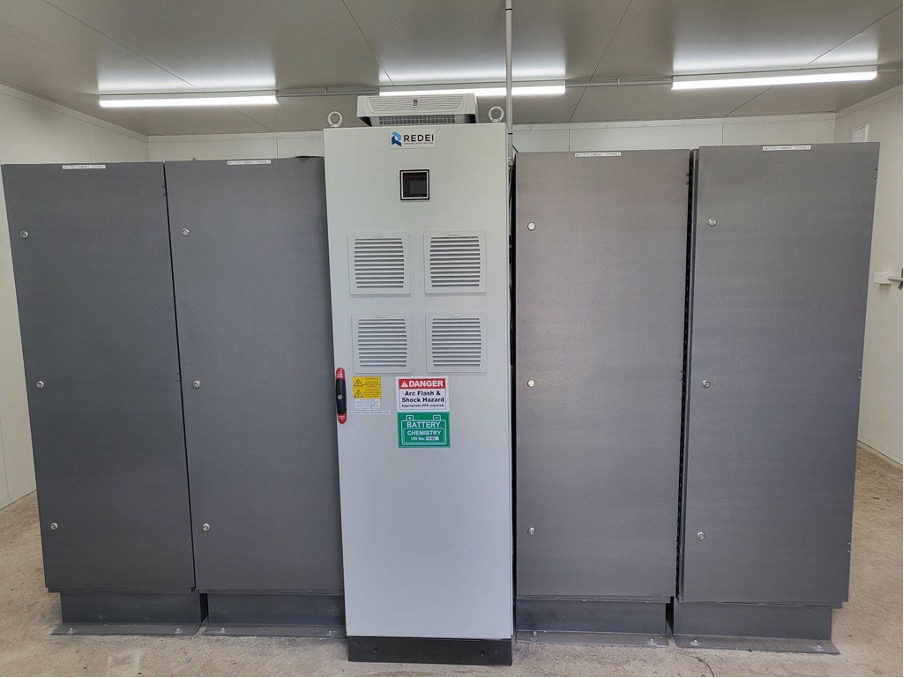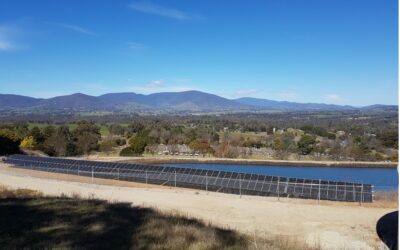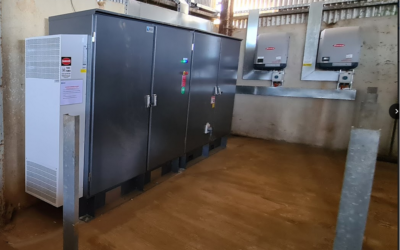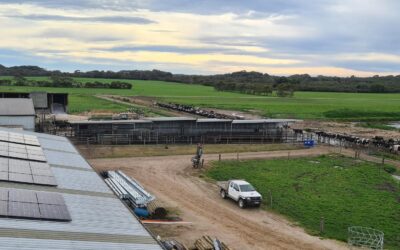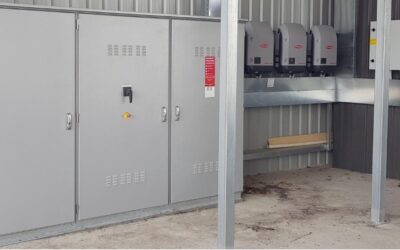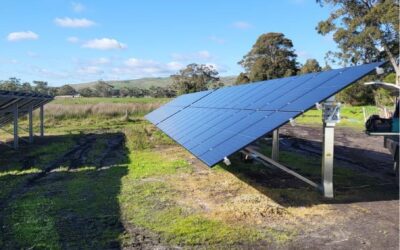Energy Resilience
Controlled Power Costs
Reduced Carbon Footprint
Energy Where and When Its Needed!
- Solar Power
- Battery Storage
- Custom-built room
- Maintenance
- Monitoring
Solution
Solution Provided:
- 128 kWp Solar and 115 kWh REDEI BESS
- Irrigation upgrade- VFD and integration to Solar system.
Outcomes:
- 56% Load met by the Renewable Energy
- Significant reduction in annual grid energy spend
- Voltage optimization and UPS
- Irrigation run with excess Solar+Grid blend.
Benefits
- REDEI Increased farms power capacity
- Grid spend reduction
- Security of energy supply
- Step towards self sustainability.
